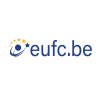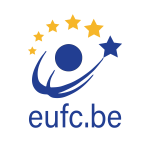Horizon Europe
Horizon Europe is the EU’s key funding programme for research and innovation.
It tackles:
- climate change,
- helps to achieve the UN’s Sustainable Development Goals and
- boosts the EU’s competitiveness and growth.
- facilitates collaboration
- strengthens the impact of research and innovation in developing
- supports the creation and better diffusion of excellent knowledge and technologies
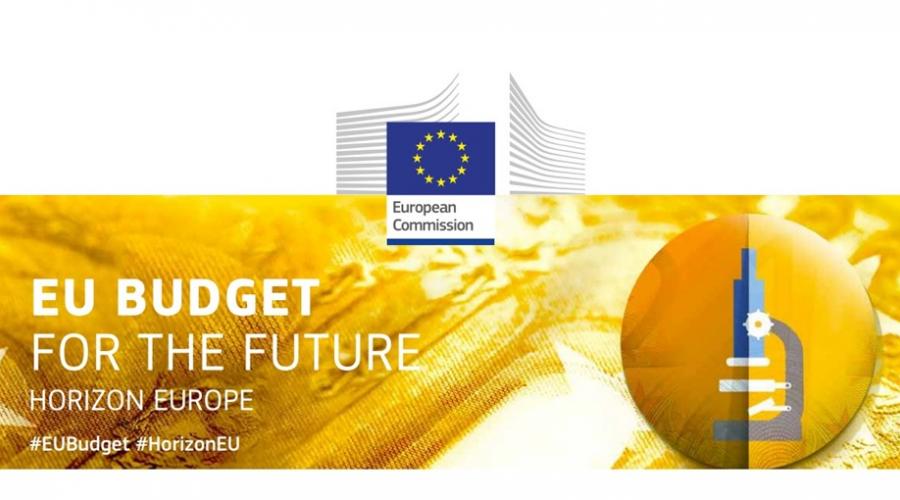
Programme duration
2021-2027
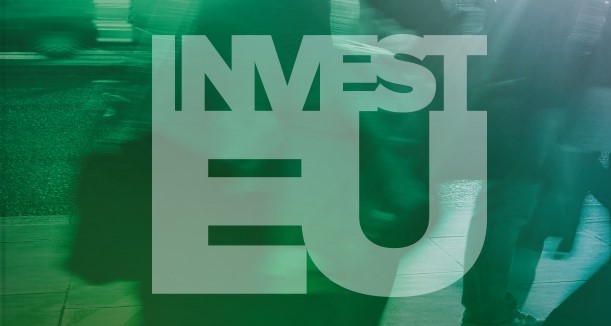
Invest EU
Providing the EU with crucial long-term funding, crowding in private investment, supporting the recovery and a greener, more digital and resilient Europe.
the InvestEU Programme will boost
- innovation and
- job creation in Europe
- provide and attract long-term funding in line with EU policies and
- contribute to economic recovery.
The programme will be structured around four 4 policy windows:
- Sustainable infrastructure
- Research, innovation and digitisation
- SMEs
- Social investment and skills
Digital Europe Programme
The Digital Europe Programme is the first EU programme that aims to accelerate the recovery and drive the digital transformation of Europe.
The Digital Europe Programme provides funding for projects in five crucial areas:
- supercomputing
- artificial intelligence
- cybersecurity
- advanced digital skills
- ensuring the wide use of digital technologies across the economy and society

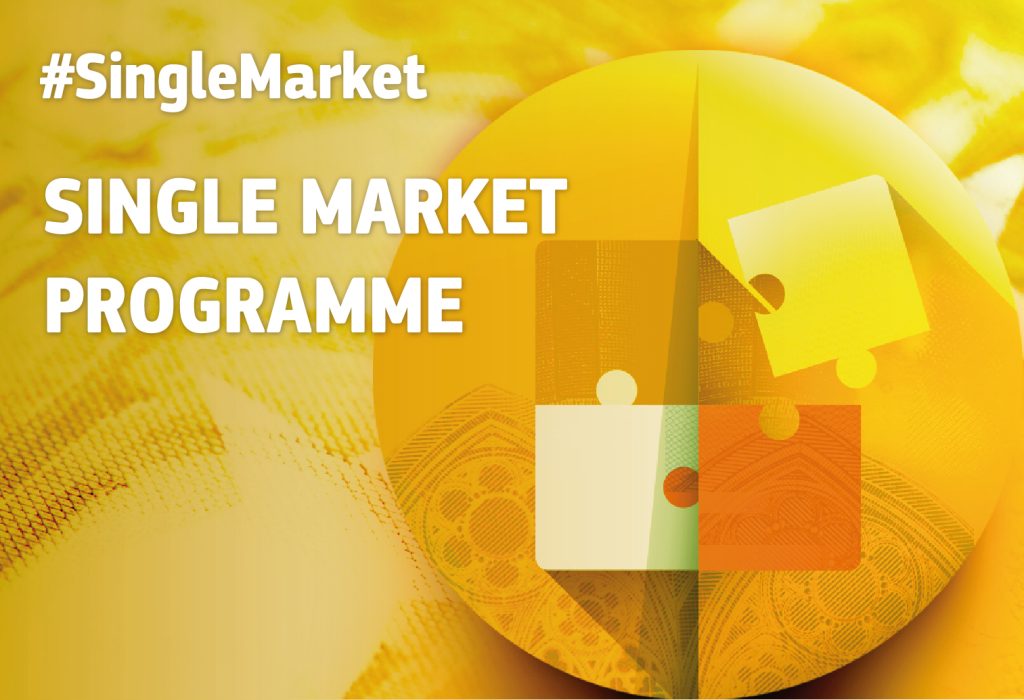
Programme duration
2021-2027
Single Market Programme
Empowering and protecting consumers; ensuring food safety, enabling EU small and medium-sized enterprises to thrive.
The €4.2 billion Single Market Programme will strengthen the governance of the EU single market. It will help to
- make the internal market work better with measures including improved market surveillance, problem-solving support to citizens and business, and enhanced competition policy
- boost the competitiveness of businesses, in particular small and medium-sized enterprises (SMEs)
- develop effective European standards and international financial and non-financial reporting and auditing standards
- give even higher protection to consumers
- maintain a high level of food safety
- produce and disseminate high-quality statistics
European Regional Development Fund (ERDF)
Strengthening EU economic, social and territorial cohesion by correcting imbalances between regions through programmes implemented by local authorities.
In 2021-2027, the fund will enable investments to make Europe and its regions:
- more competitive and smarter, through innovation and support to small and medium-sized businesses (SMEs), as well as digitisation and digital connectivity
- greener, low-carbon and resilient
- more connectedby enhancing mobility
- more social, supporting effective and inclusive employment, education, skills, social inclusion and equal access to healthcare, as well as enhancing the role of culture and sustainable tourism
- closer to citizens, supporting locally-led development and sustainable urban development across the EU
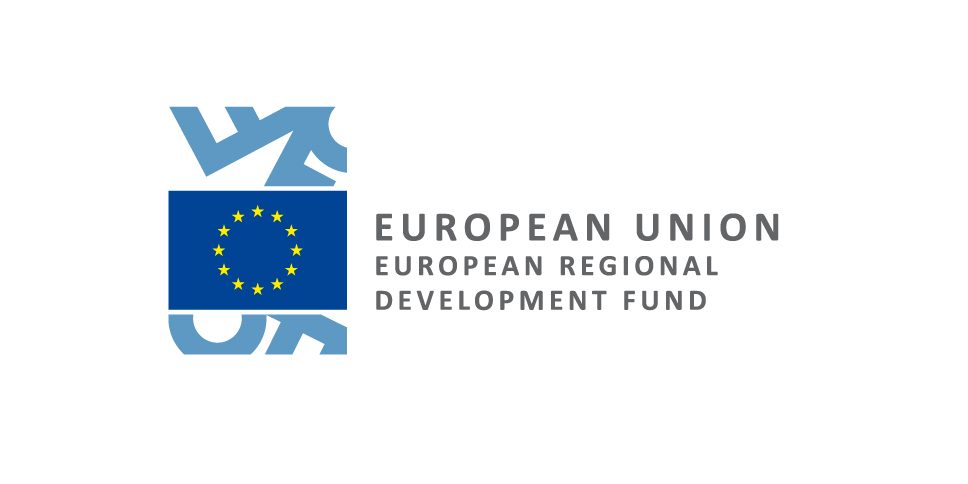

Fund duration
2021-2027
Cohesion Fund (CF)
The Cohesion Fund aims to reduce economic and social disparities and to promote sustainable development.
The fund mainly contributes to investments in the field of environment and trans-European networks in the area of transport infrastructure made by public and regional authorities in the following EU Member States:
- Bulgaria
- Czechia
- Estonia
- Greece
- Croatia
- Cyprus
- Latvia
- Lithuania
- Hungary
- Malta
- Poland
- Portugal
- Romania
- Slovenia
Support to the Turkish Cypriot community
The Aid Programme aims to facilitate the reunification of Cyprus.
The Aid Programme for the Turkish Cypriot community (TCc) aims to facilitate the reunification of Cyprus. It is based on Council Regulation (EC) No 389/2006 and delivers assistance under the following objectives:
- Developing and restructuring of infrastructure
- Promoting social and economic development
- Fostering reconciliation, confidence building measures, and support to civil society
- Bringing the TCc closer to the EU
- Preparing the TCc to implement EU acquis upon settlement
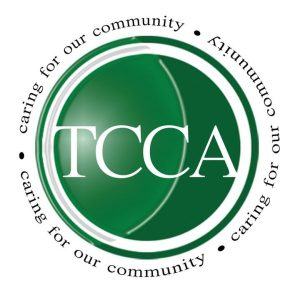
Programme duration
2021-2027

Recovery and Resilience Facility
The Recovery and Resilience Facility is the key instrument of NextGenerationEU to help the EU emerge stronger and more resilient from the current crisis.
The aim is to mitigate the economic and social impact of the coronavirus pandemic and make European economies and societies more sustainable, resilient and better prepared for the challenges and opportunities of the green and digital transitions.
Each plan is expected to contribute to the four dimensions outlined in the 2021 Annual Sustainable Growth Strategy, which launched this year’s European Semester cycle:
- environmental sustainability
- productivity
- fairness
- macroeconomic stability
Technical Support Instrument
The Technical Support Instrument provides tailor-made technical expertise to EU countries to carry out reforms.
Member States can request support to:
- implement resilience-enhancing reforms in the context of EU economic governance, such as those arising from country-specific recommendations under the European Semesterand by virtue of implementing EU law
- prepare, amend, implement and revise national recovery and resilience plans under the Recovery and Resilience Facility
- implement economic adjustment programmes
- implement reforms undertaken at their own initiative


EU4Health
Investing in resilient, equitable and modern health systems, improving the health of EU citizens and protecting people from cross-border health threats.
The programme aims to
- improve and foster health in the Union
- protect people in the Union from serious cross-border threats to health
- improve medicinal products, medical devices and crisis-relevant products
- strengthen health systems
Eligibility:
- a Member State or an overseas country or territory linked to it
- a third country associated with the Programme or a third country listed in the annual work programme
a legal entity created under Union law or an international organisation
European Social Fund+
The European Social Fund+ (ESF+) is the EU’s main instrument for investing in people with the aim of building a more social and inclusive Europe.
The European Social Fund+ (ESF+) aims to support Member States to
- tackle the crisis caused by the coronavirus pandemic
- achieve high employment levels and fair social protection
- foster a skilled and resilient workforce that is ready for the transition to a green and digital economy
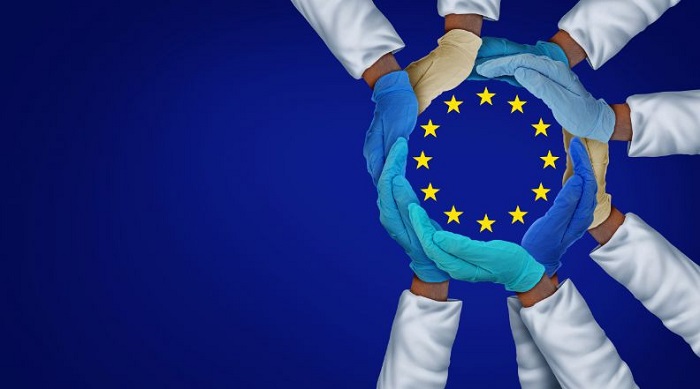
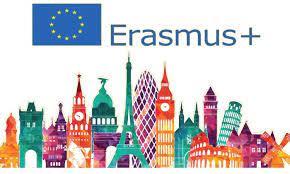
Erasmus+
Support the educational, professional and personal development of people in education, training, youth and sport.
Erasmus+ is the EU’s programme to support education, training, youth and sport in Europe. It has offered a life changing experience to more than 10 million participants over the last 30 years, and will continue offering opportunities to a wide variety of individuals and organisations for the next seven-year lifecycle (2021-2027)
European Solidarity Corps
For young people wishing to volunteer to help the disadvantaged, provide humanitarian aid, contribute to health and environmental action
The European Solidarity Corps is an EU funding programme for young people wishing to engage in solidary activities in a variety of areas. These range from helping the disadvantaged to humanitarian aid, as well as contributing to health and environmental action across the EU and beyond.
The European Solidarity Corps finances volunteering (including humanitarian aid) and solidary projects. It is open to individuals aged 18 to 30 (35 for humanitarian aid) and to organisations in EU and partner countries.

Justice Programme
Strengthening democracy, rule of law, and fundamental rights.
The Justice Programme is running from 2021 to 2027. It provides funding to support judicial cooperation in civil and criminal matters such as training to judges and other legal practitioners and effective access to justice for citizens and businesses.
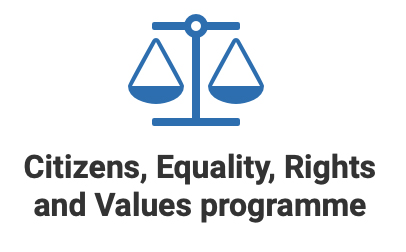
Citizens, Equality, Rights and Values programme
Protection and promotion of the rights and values as enshrined in the EU Treaties and the Charter of Fundamental Rights.
The programme is based on four strands:
- Equality,Rights and Gender Equality – promoting rights, non-discrimination, equality (including gender equality), and advancing gender and non-discrimination mainstreaming
- Citizens’ engagement and participation – promoting citizens engagement and participation in the democratic life of the Union, exchanges between citizens of different Member States, and raising awareness of the common European history
- Daphne – fight violence, including gender-based violence
- Union values – protect and promote Union values
Together with the Justice programme, the Citizens, Equality, Rights and Values programme forms the Justice, Rights and Values Fund.
Creative Europe
Creative Europe is the European Commission’s programme for providing support to the cultural and audiovisual sectors.
The Programme builds on and continues the structure of the previous programme with 3 strands:
- Culture covers the cultural and creative sectors, with the exception of the audiovisual sector
- MEDIA covers the audiovisual sector
- Cross-sectoral strand covers activities across all cultural and creative sectors
Sub-programmes
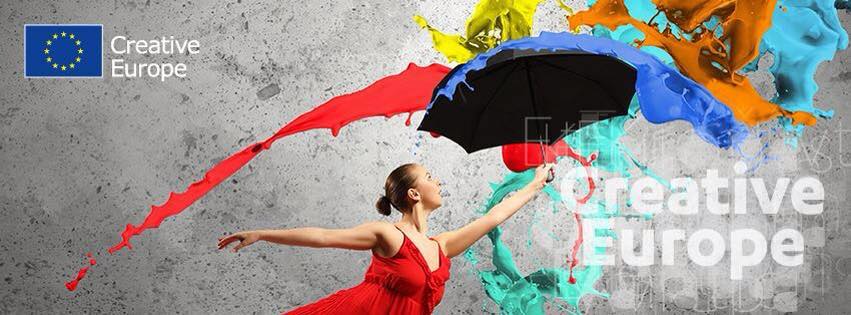

European agricultural guarantee fund (EAGF)
The EAGF funds income support for EU farmers and measures to stabilise agricultural markets.
The European agricultural guarantee fund (EAGF) helps the EU’s farmers to provide a secure supply of safe, healthy, and affordable food.
Through the EAGF, EU countries must offer
- a basic payment scheme for farmers
- green direct payments (for sustainable farming methods)
- a payment for young farmers
European agricultural fund for rural development (EAFRD)
The EAFRD provides funding to support rural areas and strengthen the EU’s agri-food and forestry sectors.
The European agricultural fund for rural development (EAFRD) finances the EU’s contribution to rural development programmes (RDPs).
RDPs consist of measures and projects that contribute to the EU-wide objectives of:
- improving the competitiveness of agriculture
- encouraging sustainable management of natural resources and climate action
- achieving a balanced territorial development of rural economies and communities
European agricultural fund for rural development (EAFRD)
The EAFRD provides funding to support rural areas and strengthen the EU’s agri-food and forestry sectors.
The European agricultural fund for rural development (EAFRD) finances the EU’s contribution to rural development programmes (RDPs).
RDPs consist of measures and projects that contribute to the EU-wide objectives of:
Improving the competitiveness of agriculture
Encouraging sustainable management of natural resources and climate action
Achieving a balanced territorial development of rural economies and communities
European Maritime, Fisheries and Aquaculture Fund
Common fisheries policy, maritime policy, aquaculture, sustainable development.
The European Maritime, Fisheries and Aquaculture Fund (EMFAF) is the fund for the EU’s maritime and fisheries policies for 2021-2027.
The fund
- Helps fishers transitioning to sustainable fishing
- Supports coastal communities in diversifying their economies
- Finances projects that create new jobs and improve quality of life along European coasts
- Supports sustainable aquaculture developments
- Supports the implementation of the maritime policy


Programme for Environment and Climate Action (LIFE)
To achieve the shift towards a sustainable, circular and resilient economy, protect and restore the environment, halt and reverse biodiversity loss.
The LIFE programme aims to
Facilitate the shift towards a sustainable, circular, energy-efficient, renewable energy-based, climate-neutral and resilient economy
Protect, restore and improve the quality of the environment, including the air, water and soil
Halt and reverse biodiversity loss
Tackle the degradation of ecosystems
The financial envelope of the LIFE Programme is implemented via four sub-programmes:
Nature and Biodiversity
Circular Economy and Quality of Life
Climate Change Mitigation and Adaptation
Clean Energy Transition
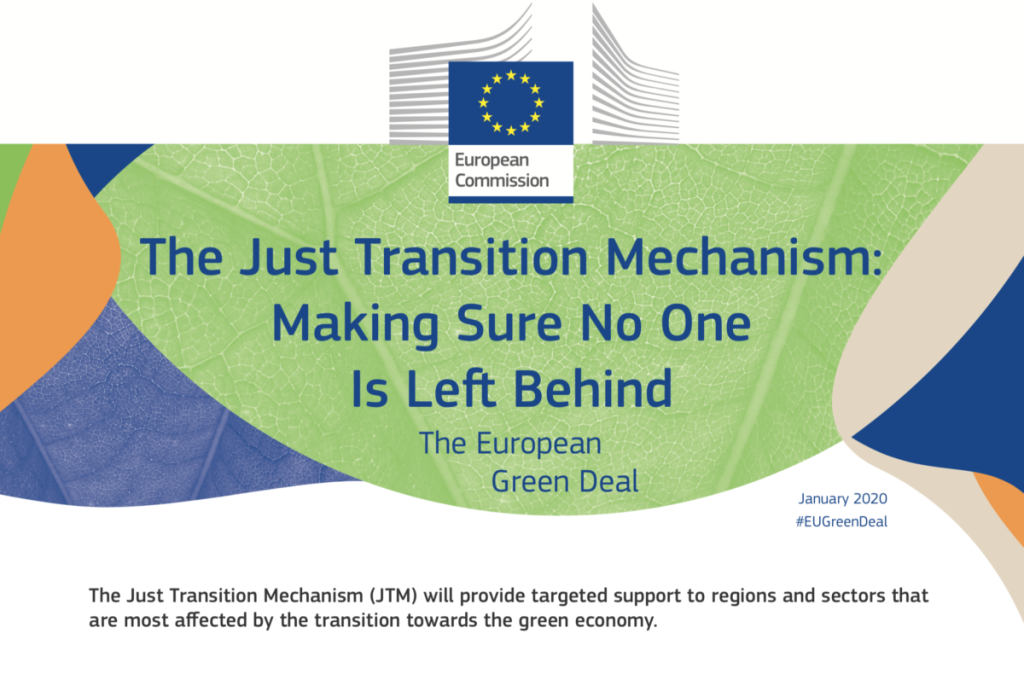
Just Transition Fund
Supporting the transition towards climate neutrality by alleviating its socio-economic impact in the regions most affected.
The Just Transition Fund supports the economic diversification and reconversion of the territories concerned. This means
- investments in Small and Medium-sized Enterprises
- creation of new firms
- research and innovation
- environmental rehabilitation
- clean energy
- up- and reskilling of workers
- job-search assistance
- transformation of existing carbon-intensive installations
Asylum, Migration and Integration Fund
Migration, Asylum and Integration; Common European Asylum System; Migration Management; Solidarity.
The Asylum, Migration and Integration Fund will contribute to
The efficient management of migration
The implementation, strengthening and development of the common policy on asylum
The common immigration policy, in line with the relevant Union acquis and international obligations of the Union and the Member States arising from international instruments to which they are parties.
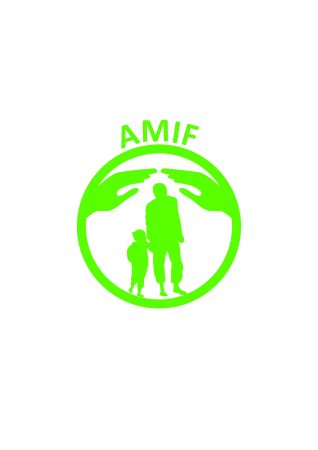
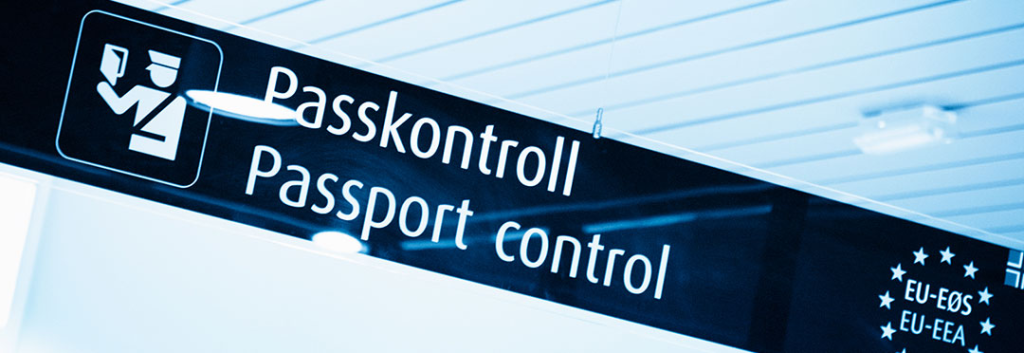
Integrated Border Management Fund
Border Management; EU Common Visa Policy; European Border and Coast Guard, Custom Control Equipment at Customs Border points and Customs laboratories.
The Integrated Border Management Fund is made of two components: the Border Management and Visa Instrument (BMVI), and the Customs Control Equipment Instrument (CCEI).
The Border Management and Visa Instrument will ensure strong and effective European integrated border management at the external borders and support the common visa policy, thereby
- Contributing to a high level of internal security
- Safeguarding the free movement of persons within the Union
- Fully respecting the relevant Union acquis
- Fully respecting the international obligations of the Union and the Member States
The CCEI specifically provides financial support to the customs authorities of European Union Member States for the transparent purchase, maintenance and upgrade of customs control equipment. This includes innovative detection technology equipment for border crossing points, inland customs offices and mobile customs units, such as
- X-ray scanners
- Automated number plate detection systems
- Other non-intrusive soft detection equipment
- A variety of customs laboratory equipment for goods analysis
This financial support can also encompass
- Testing of new equipment or new functionalities in operational conditions
- Introductory staff training included in the purchase contracts
- Software and software updates directly necessary to use the customs control equipment
Internal Security Fund
Security of the Union; Tackling radicalization, terrorism, cybercrime, organized crime; Protecting victims of crime.

The Internal Security Fund will contribute to ensuring a high level of security in the Union, in particular by
- Preventing and combating terrorism and radicalization, serious and organized crime, and cybercrime
- Assisting and protecting victims of crime
- Preparing for, protecting against and effectively managing security related incidents, risks and crises
The Fund supports a broad range of actions in line with the European Security Agenda, including
- The purchase/procurement of ICT systems, and associated training, testing as well as their improved interoperability and data quality
- Monitoring of the implementation of EU law and policy objectives in Member States in the area of security information systems
- Operations implementation, or facilitating the implementation of the EU Policy Cycle/EMPACT (European Multidisciplinary Platform Against Criminal Threats)
- Support for thematic or cross-theme networks of specialised national units to improve mutual confidence, exchange and dissemination of know-how, information, experiences and best practices, pooling of resources and expertise in joint centres of excellence
- Education and training for relevant law enforcement and judicial authorities and administrative agencies
EIC Accelerator
It is designed for Small and Medium-Sized Enterprises (SME), Mid-Cap companies and individuals who need financial support to bring their novel ideas, technologies and products to the market
The EIC Accelerator assists individual Small and Medium Enterprises (SMEs), specifically Startups and spinout companies to develop and scaleup game-changing innovations. In some cases small mid-caps (up to 500 employees) are supported.
EIC Accelerator
The EIC Accelerator ensures substantial financial support with:grant funding (non-dilutive) of up to €2.5 million for innovation development costs, investments (direct equity investments) of up to €15 million managed by the EIC Fund for scale up and other relevant costs. Companies performing on technologies of strategic European interest can apply for EIC investments of more than €15 million.
Additionally, EIC selected companies receive coaching, mentoring, access to investors and corporates, and many other opportunities as part of the EIC community.
The EIC welcomes applications from innovators altogether EU Member States and countries associated to the Horizon Europe programme. It particularly welcomes applications from startups and SMEs with female CEOs.
For the EIC Accelerator work program, EUFC is providing full-service proposal writing assistance. Our services cover every step of the application procedure, from writing up the supporting documents to submitting the proposal application via the EIC Portal. In addition to writing services, EUFC provides assistance with: Company Evaluation: In order to determine whether a project or company is eligible for the EIC Accelerator program, EUFC offers a thorough evaluation of the application. For businesses that want to submit on their own, consulting services are available in the following areas: (i) Project review (feedback and writing recommendations for current applications); and (ii) Edition of proposals that have been rejected and want to be resubmitted.
For applicants who want to increase the likelihood that their project will be successful, support is provided for the creation and improvement of a commercial strategy, revenue model, budget, or concrete work packages are ensured by EUFC.
Contact Information
Send us your message for us and we will reach you back as soon as possible!
Frequently asked questions
Haven’t found what you were looking for?
Try our Contact Us.
WHAT IS HORIZON EUROPE?
Horizon Europe is a 7-year European Union scientific research initiative, a successor of the recent Horizon 2020 programme and the earlier Framework Programmes for Research and Technological Development.
Horizon Europe is the EU Framework Program for Research and Innovation, with nearly €95.5 billion in funding available for the period 2020-2027. The program supports the Europe 2027 Growth Strategy, which puts research and innovation at the heart of smart, sustainable and inclusive growth while effectively addressing societal challenges.
The three main pillars of the Programme are:
- Excellent Science:World-class scientific research to attract the best scientists to the EU.
- Global Challenges and European Industrial Competitiveness:Investment in a number of clusters such as Health, Culture, Creativity and Inclusive Society, Civil Security for Society, Digital, Industry and Space, Climate, Energy and Mobility Food, Bioeconomy, Natural Resources, Agriculture and Environment
- Innovative Europe:Supporting the development of disruptive and market-creating innovations and on enhancing European innovation ecosystems.
WHAT IS A EUROPEAN FUNDING SCHEME?
Contact Us
WHICH ARE THE CLIENTS OF EUFC.BE?
We provide services to institutions and organizations already participating in EU-funded projects, in particular those with the following actions, on which our expertise is focused:
FP7, H2020, HEurope, Erasmus (ITN, IF, RISE), EIT (Climate- Kic, Food, InnoEnergy, Health and Raw Materials), DG Migration and Home Affairs (AMIF, ISEC, EBF, ISF), EuropeAid (DCI Asia, EDF, ENPI, Budget, NEAR), IMI JU, SESAR JU, Interreg IV and Interreg IV C.
AM I A POSSIBLE CLIENT OF EUFC.BE?
We at EUFC.BE focus on specific areas of project implementation. We are ready to answer all your questions and will elaborate on the services we offer. Please feel free to contact us
WHAT WILL YOU GAIN BY COLLABORATING WITH EUFC.BE
As external auditors representing the European Commission, EUFC.BE staff have gained fieldwork experience auditing a wide variety of projects from various funding programmes. As such, we have the expertise and expertise to identify and eliminate project implementation risks. Our knowledge of the complex and simple financial aspects of projects is extensive and sufficient to ensure that projects are delivered.Click here to learn more about us.
